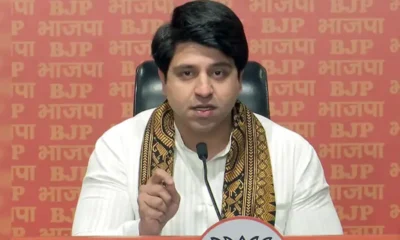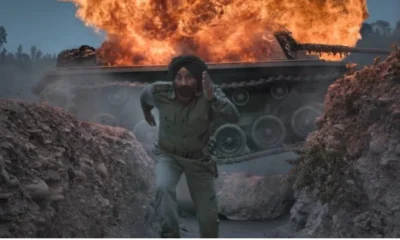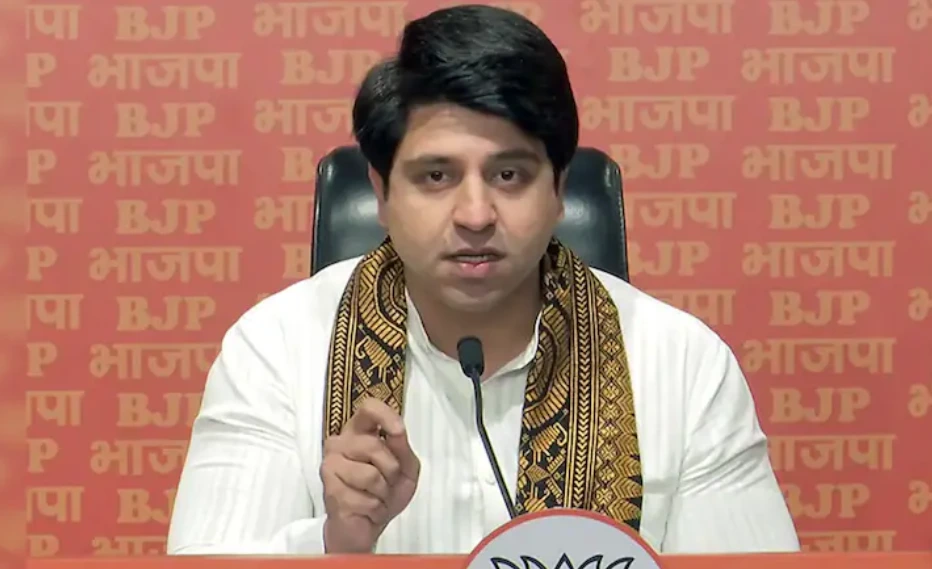Supreme Court had pulled up the Centre for delay in appointing Lokpal, asked DoPT to file an affidavit detailing steps taken to appoint the ombudsman
The Supreme Court was, on Tuesday (March 6), informed by the Centre that it was still searching for an eminent jurist who could be named as a member of the selection committee tasked with short-listing a Lokpal.
The submission by Attorney General KK Venugopal before a Supreme Court bench of Justices Ranjan Gogoi and R Banumati comes at a time when the Congress party has already declared its decision to boycott any meeting of the selection panel till such a time that Prime Minister Narendra Modi’s government gets an amendment to the Lokpal Act of 2013 passed. The said amendment, pending for nearly four years now, would replace the term Leader of Opposition with leader of the single largest Opposition party as one of the members of the Lokpal selection panel, the other three being the Prime Minister, Chief Justice of India and an eminent jurist.
On February 23, the apex court had pulled up the Centre for the delay in appointing a Lokpal. The bench of Justices Gogoi and Banumati had asked the secretary of the Centre’s Department of Personnel and Training (DoPT) to file an affidavit about the “steps taken and proposed” for appointing the ombudsman after Venugopal informed the court that ta meeting of the selection panel was due on March 1.
However, on March 1, Mallikarjun Kharge, leader of the Congress in the Lok Sabha declined an invitation by the Centre to attend the selection panel’s meeting as a “special invitee”. Kharge had written to Prime Minister Narendra Modi stating the “special invitee” status would not allow him to contribute to the discussion over the appointment of the anti-corruption watchdog.
With Kharge boycotting the meet and the Centre still struggling to find an eminent jurist who can be on the panel, the selection committee currently comprises of just two members – the Prime Minister and Chief Justice Dipak Misra.
The Modi government had earlier appointed legal luminary PP Rao as a member of the selection panel. However, following Rao’s demise in September last year, the slot of an eminent jurist on the panel has been lying vacant.
With the government showing no interest in getting the Lokpal Act 2013 amended to relax norms for the selection panel’s constitution, the law as it stands today, requires that the panel have the Prime Minister, Chief Justice of India, Leader of Opposition in the Lok Sabha and an eminent jurist as its members. Since the Congress’ tally in the Lok Sabha had been restricted to just 44 in the May 2014 general elections, it failed to get the office of the Leader of Opposition as this would have required the party to have a numerical strength of at least 10 per cent of the composition of the Lok Sabha. In the absence of a Leader of Opposition, the government had argued that the Lokpal selection committee cannot be constituted. It was later suggested that the Act be amended so that the selection committee could have as its members the Prime Minister, Chief Justice of India, leader of the single largest Opposition party in Lok Sabha and an eminent jurist. This amendment has, however, not been passed as yet by Parliament.
On Tuesday, Attorney General Venugopal told the Supreme Court that the vacancy of an eminent jurist in the Lokpal selection committee will be filled at the earliest but did not give an exact time frame for this. While the DoPT affidavit, filed with the apex court before the proceedings, mentioned that the meeting of the selection committee took place on March 1 and was not attended by “special invitee” Kharge, the Centre has not been able to answer the other critical question – what would it do if the Congress continues to boycott the selection panel meeting.
Assuming that the Centre does find an eminent jurist who it feels is worthy enough of being nominated to the selection panel – it hasn’t found anyone suitable in the six months since Rao’s demise – the question of the Opposition’s representation on the committee will still require resolution.
It may be recalled that the SC had, last year, ruled that there was no justification to keep the enforcement of Lokpal Act suspended till the proposed amendments, including on the issue of the Leader of Opposition in Lok Sabha, were cleared by the Parliament. The court had said that the Lokpal Act of 2013 was an eminently workable piece of legislation and “does not create any bar to the enforcement of the provisions.” It had added: amendments proposed to the Lokpal and Lokayuktas Act 2013, and the views of the Parliamentary Standing Committee are attempts to streamline the working of the Act and does not constitute legal hindrances or bar its enforcement.
The SC’s ruling had come on a plea by NGO Common Cause and others seeking immediate appointment of Lokpal in the country.
The UPA-II government had been forced to enact the Lokpal Act in 2013 after massive countrywide agitations broke out over the need for setting up a new institutional mechanism to check corruption in the government. The agitations had been triggered by the hunger strikes and protests by activist Anna Hazare, his then protégé Arvind Kejriwal and a motley group of other “civil society” members who came together under the banner of India Against Corruption. While Kejriwal leveraged the publicity he received from the protests to launch his political career and the Aam Aadmi Party, Hazare was relegated to the shadows.
Ironically, after coming to power in Delhi with a historic mandate, Kejriwal has himself done little to appoint a Lokayukt – the provincial equivalent of the central Lokpal.
Now, even as the Supreme Court nudges the Centre to expedite the proves of appointing a Lokpal, Hazare is trying to get back into the limelight, threatening another stir fromMarch 23 at New Delhi’s Ramlila Grounds demanding that the ombudsman be appointed soon and that the institution of Lokpal be made operational.


 India News16 hours ago
India News16 hours ago
 India News16 hours ago
India News16 hours ago
 Latest world news16 hours ago
Latest world news16 hours ago
 India News16 hours ago
India News16 hours ago
 Entertainment12 hours ago
Entertainment12 hours ago
 India News9 hours ago
India News9 hours ago
 India News6 hours ago
India News6 hours ago















